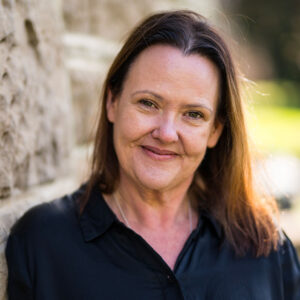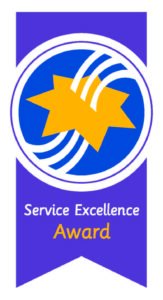On international Support. Don’t Punish day (26 June), the Alcohol, Tobacco and other Drugs Council Tasmania (ATDC) says it is time for change in Tasmania.

The global advocacy campaign calls for drug use to be regarded as a health issue rather than a criminal one – a view that is strongly endorsed by the ATDC.
ATDC CEO Dr Jackie Hallam said there was growing awareness in Australia that a health-centred approach was more effective to reduce the harms associated with illicit drug use.
“It is time for greater investment in our treatment and support services as they are the key driver of reducing harm in Tasmania from alcohol and other drug use,” she said.
“Of course, any reform in Tasmania to achieve the government’s strategy of lowering harm from alcohol and drug use would need an expanded alcohol and other drug treatment system, placing less pressure on police, justice and hospitals.
“Drug policy budgets need rebalancing to ensure health and harm reduction-based responses are adequately financed.
“We need to move away from punitive models where we criminalise personal drug use and toward a model where we encourage people to access services and to keep healthy.
“The current problem is that there are not enough services on the ground to meet demand, especially in the regions.”
Lived experience advocate Lily Foster said decriminalisation of illicit drug use was critical as this was often the main barrier to drug users accessing harm reduction services.
“Illicit drug use continues to be pushed underground which is why advocacy and peer work is so important,” she said.
“Peer workers need to be present in every space available. They promote trust and they block stigma and discrimination.
“When individuals are accessing services, including harm reduction and treatment, having peer workers enables them to feel seen and safe.
“The modern drug market is being flooded with potent synthetic substances which amplifies the need for harm reduction and education strategies to keep our drug using community safe.”
Lived experience advocate Rhyan Davey said there was significant evidence available that provided insights into the benefits of treating addiction as a health issue, not a criminal one.
“When we think of a word like punish, we think of other words like pain, torment, judgement and consequence,” he said.
“When we think of support, we go to words like care, compassion, education and hope.
“We have the opportunity to change the cycle of punishment which contributes to a person’s trauma, driving them deeper into their addiction, or we can provide support, that will improve the quality of life of those living with addiction.”
Mr Davey said a fixed safe injection site was one of the most effective ways for people to reduce the risk of unnecessary overdose, death and spread of infection.
“It has been proven to increase public safety, offers real time support and provides a window of opportunity for people that may be actively help seeking to treat their addiction in a non-judgemental way.”
Research Background
Research conducted in Tasmania by EMRS found Tasmanians supported the shift to a decriminalisation model similar to that in the ACT and Queensland where people are diverted from the criminal system towards an alcohol and other drug service system.
The research found that 85 per cent of Tasmanians believe there should be some form of intervention for drug possession (ranging from referral to a treatment of education program to a caution / warning, community service / weekend detection or a monetary fine).
Eleven per cent of respondents said no action should be taken and only four per cent felt a prison sentence was appropriate.
Almost two thirds of Tasmanians (65 per cent) supported allowing people to test their pills or drugs at designated sites to inform them of the purity and substance.
Fourteen per cent of respondents were either unsure or neither supported nor opposed, with only 20 per cent opposed.
Media Contact: Nicolas Turner – mobile 0418 538 865 or nicolas.turner@corcomms.com.au
